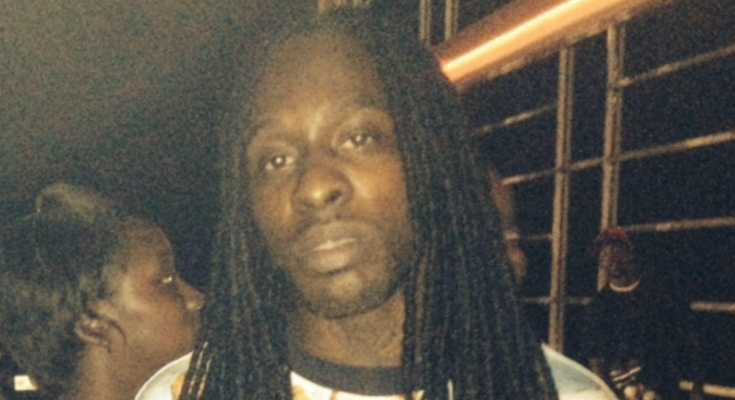The US Supreme Court, with a conservative majority, this Monday heard the case of a former Rastafari inmate whose prison guards in Louisiana shaved off his dreadlocks weeks before his release.
Due to religious beliefs, Damon Landor vowed to let his hair grow. For nearly 20 years, he kept that commitment, including when he began serving a five-month prison sentence in 2020 for drug possession.
But during a prison changeover, three weeks before his sentence was to end, two guards handcuffed him to a chair and shaved his head, even though he showed them several court documents, including a federal appeals court decision that allowed Rastafarian inmates to keep their dreadlocks under a 2000 law.
“If they are not punished, authorities can treat the law like garbage,” Damon Landor’s lawyer, Zachary Tripp, charged before the Supreme Court on Monday.
Admitted violations
For followers of Rastafarianism, a religious and cultural movement popularized worldwide by Jamaican reggae icon Bob Marley, wearing dreadlocks is a spiritual process.
Damon Landor sued prison officials, seeking damages for violating his religious rights.
If Louisiana admits to the violation, Damon Landor is denied by the court his request for damages. Therefore, he applied to the Supreme Court, which in June agreed to take up the matter.
The Court’s conservative majority, six of the nine justices, has in recent years shown itself to be particularly sensitive to respect for religious freedom and supports expanding the place of religion in the public sphere. Their decision is expected in the spring.



